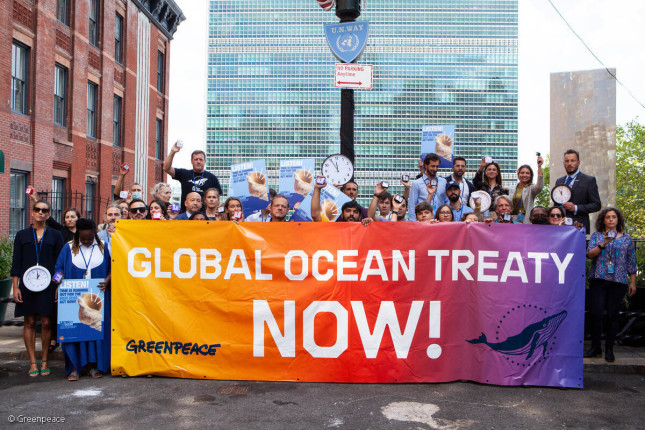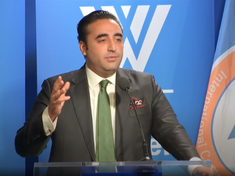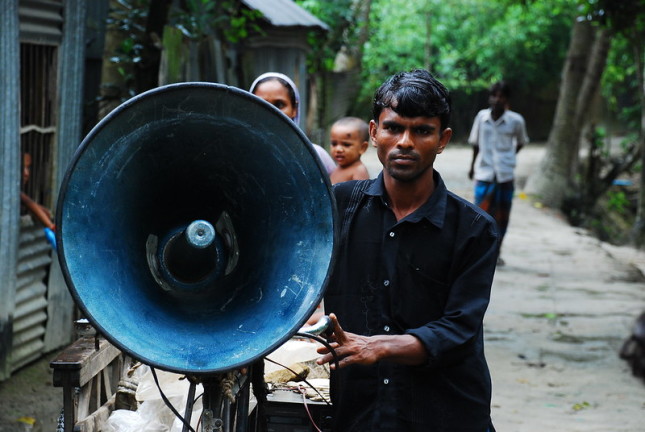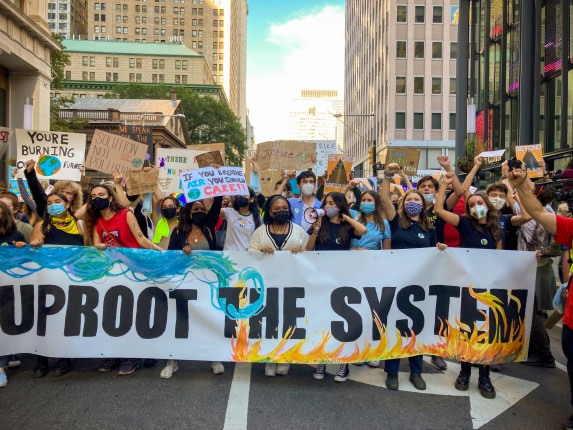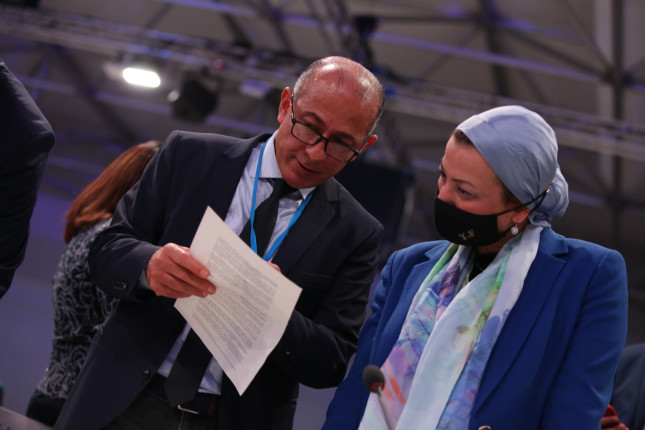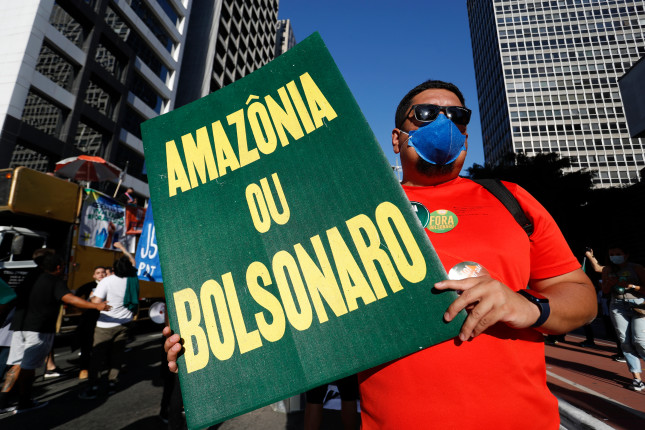-
Connecting the Dots: Gender Equality and Sexual and Reproductive Health and Rights
›
In today’s episode of New Security Broadcast, Sarah Barnes, Project Director for the Wilson Center’s Maternal Health Initiative met with Bridget Kelly, Director of Research for Sexual and Reproductive Health and Rights at Population Institute to discuss the launch of Population Institute’s new report: Connecting the Dots, Sexual and Reproductive Health and Rights as Prerequisites for Global Gender Equality and Empowerment. On the episode Kelly, lead author of the Connecting the Dots report, shares findings from the report on the importance of the Sexual and Reproductive Health and Rights (SRHR) agenda, how SRHR leads to gender equality, the power of and need for increased U.S. investment, and policy recommendations to fully realize the SRHR agenda and improve gender equality and empowerment.
-
Deadlock in the Negotiation Rooms to Protect Global Oceans
›For decades, western multinational companies have been profiting by exploiting plant, animal, or microbial genetic resources obtained from less developed countries. Take the neem tree, for example. Since the 1990s, international companies have registered more than 70 patents on products derived from India’s “tree of life.” Yet these patents have prohibited local people from using these trees (as they had for centuries) to make cosmetics, fertilizers, and medicines.
International companies have now turned their eyes to the high seas in a new hunt for genetic resources. Concerned they will be left out of the potentially profitable patents once again, developing nations are demanding equitable use and benefit sharing of genetic resources in ongoing global ocean treaty negotiations.
-
Catastrophe and Catalyst: Pakistan’s Foreign Minister on His Nation’s Climate Tragedy
›
On a recent visit to the Wilson Center, Pakistan’s Foreign Minister Bilawal Bhutto Zardari remarked on the historic nature of the monsoon-related floods that have submerged a huge swath of his country over the last several months.
“These are no normal monsoons and no normal floods,” said Zardari. “We are used to monsoons. We are used to floods. We have provincial mechanisms [and] national mechanisms to deal with such disasters. What we were not prepared for was for floods to descend from the sky.”
-
United Nations Advances Strategic Foresight: Breakdown or Breakthrough Scenarios?
›
Last September, Secretary-General António Guterres outlined the United Nation’s Our Common Agenda in a speech to the General Assembly. His remarks focused on the future of global cooperation for the next 25 years. It was imperative, he messaged, to recognize that our accelerated interconnectedness, and the formidable challenges we all face, can only be addressed through a reinvigorated multilateralism, with the United Nations at the core of collective member efforts. We must think big, act swiftly, and work effectively, he said, to reshape how we move forward today to achieve the goals of the UN declaration commemorating the 75th anniversary of the United Nations.
-
Redefining National Security
› -
‘An ounce of prevention is worth a pound of cure’: U.S. conflict prevention policy in a world of climate change
›The crisis in Ukraine is rightly at the center of U.S. foreign policy attention but, even in the midst of that justified focus, the latest IPCC report unflinchingly reminds us of another emergency: we are running out of time to avoid the most devastating effects of climate change, including the social, economic, environmental and security risks that can actually drive war.
-
COP 27 in Sharm: Few Opportunities and More Challenges for MENA Environmentalists
›In November, the world’s marquee climate conference will come to one of its fastest warming regions. Over roughly two weeks, global leaders, businesspeople, and, in theory, civil society organizations, will negotiate and schmooze along the shores of the Red Sea at Sharm el-Sheikh, Egypt. After a rather mixed outcome of last year’s COP 26 in Glasgow – and even more chilling IPCC report releases since then, global environmentalists are counting on this year’s COP 27 to produce the kinds of game-changing, emissions-cutting measures that climate risks so desperately demand.
-
Does Foreign Climate Shaming Lead to Nationalist Backlash?
›
Showing posts from category foreign policy.



